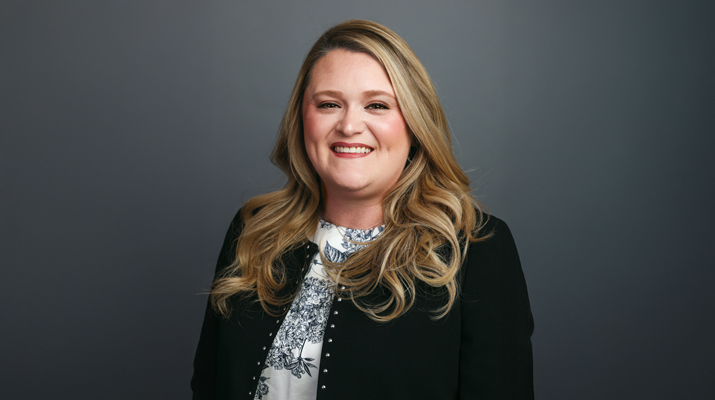Safety suffers when propane users are forced to take extreme measures
These are tough times for the propane industry.
In truth, this winter has been a strain on retail marketers who have struggled to keep up with demand, dealing with shortage of product, limited pipeline access, the added infrastructure cost of interstate transportation along with lackadaisical rail efficiency.
These local business folks are the salt of the earth, live in the communities in which they work, and work hard to keep their customers warm and safe with clean-burning, efficient propane.
Retailers have always offered the option to customers to fill early in the season or pre-buy gas in anticipation of higher prices during the winter. For the most part, those who exercised that option had propane at competitive prices. Those who did not have suffered.
While these problems were unexpected, there is enough blame to go around. Those who export have a hand in this problem, as have legislators and local politicians who have blocked efforts at expanding storage in communities all over the country, citing concerns about safety.
Compromising safety
In tight supply, consumers are tempted to use unvented propane heaters, including sunflower types and cabinet heaters available at big-box stores.
While a majority of these heaters have safety instructions and clearly state on the outside of the box “for outdoor use only,” consumers will bring them inside in times of severe cold.
Exposure to carbon monoxide, clothes left drying on heaters and emergency personnel safety when approaching a fire involving a live tank are well-founded concerns year-round, as well as during times of emergency.
We have been fortunate there have been few incidents and accidents during this stressful time. Unfortunately the propane industry often gets blamed for consumer ignorance. In spite of all disclaimers and warnings, people will throw caution to the wind and put themselves at risk.
Propane systems are safest when in constant use. Unsafe situations are created following an interruption of service due to do-it-yourself workmanship by an untrained person, a leak created by such work or the tank runs out of propane.
Freeze-ups, indoor cylinder fires and personal injuries to consumers, their families and emergency personnel tend to occur when people fail to heed warnings, act out of ignorance and ignore opportunities to fill tanks prior to cold weather or lock in a pre-buy price.
Supply safety efforts
I believe greater pipeline access during peak need times, more strategic storage facilities, higher rail distribution efficiency and larger reserves in the future should be a huge priority. With adequate supply, there should be fewer interruptions of service.
Safety guidelines and codes governing the building of new storage facilities provide excellent assurance this can be done safely. With additional storage facilities, product can be acquired at an attractive price point and be kept in reserve for higher demand due to colder winters, unusually high grain drying needs and interruptions of other supply distribution avenues, such as pipelines and railcar efficiency.
This may seem impossible to accomplish in that the value of a commodity is in its usability. Product sitting in storage pays no return. If, for example, next year we have little grain drying and a warm winter, that gas could sit for a year or more. Who pays for the cost of idle product storage?
The same political activists who oppose new pipelines and storage facilities complain about supply shortages and the higher cost of propane associated with situational long-range transportation and distribution. It is time for these shortsighted obstructionists to admit they cannot have the benefits of portable, affordable, clean-burning, environmentally friendly propane without ensuring a proper infrastructure.
We all must work together to make sure we do not experience another winter with a shortage of propane like this one. What we have learned from this experience is that when supply is short safety can suffer.
Jay Johnston is an insurance executive, safety/business management consultant and inspirational safety speaker. He can be reached at jay@thesafetyleader.com or 952-935-5350.
















